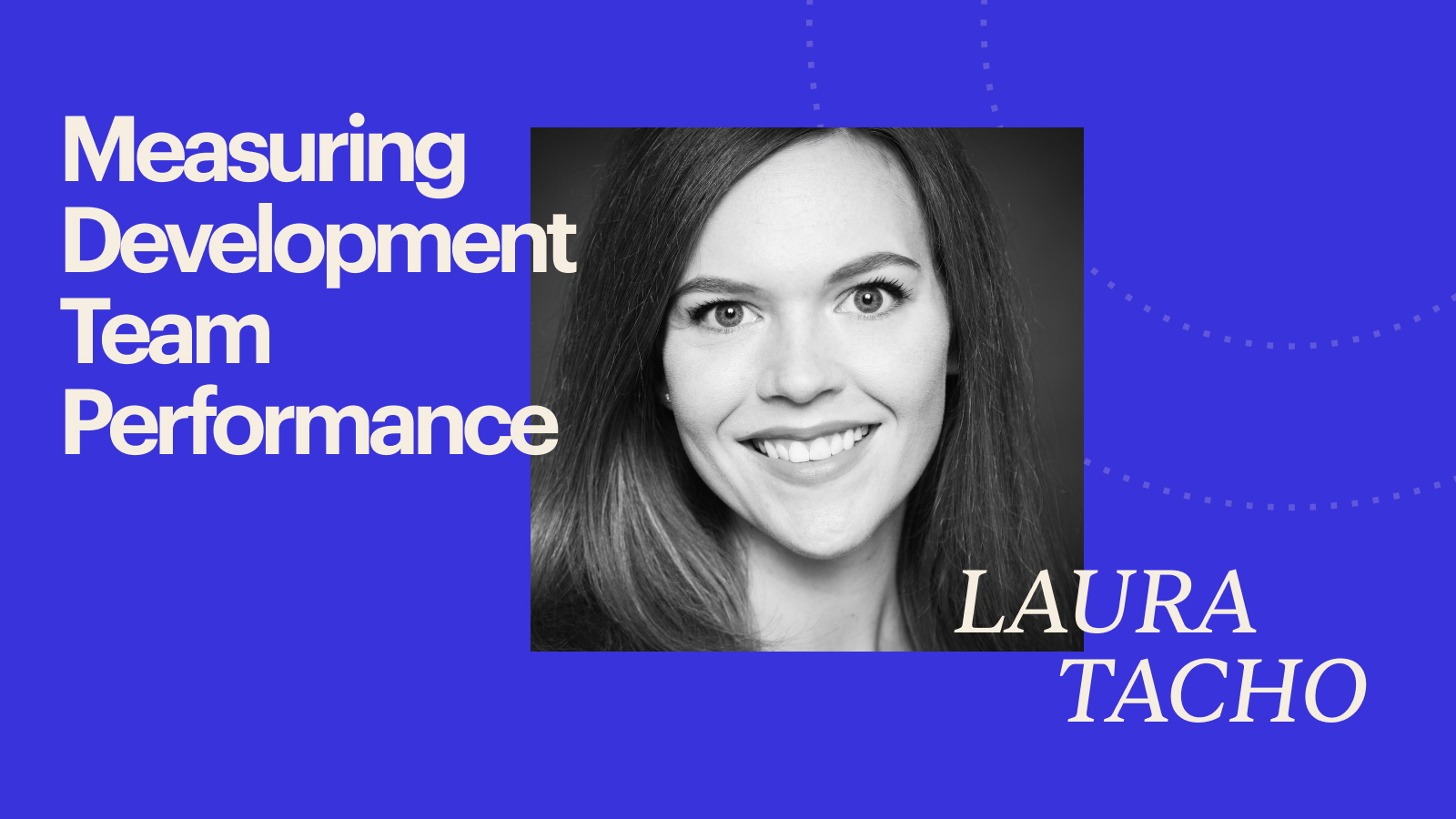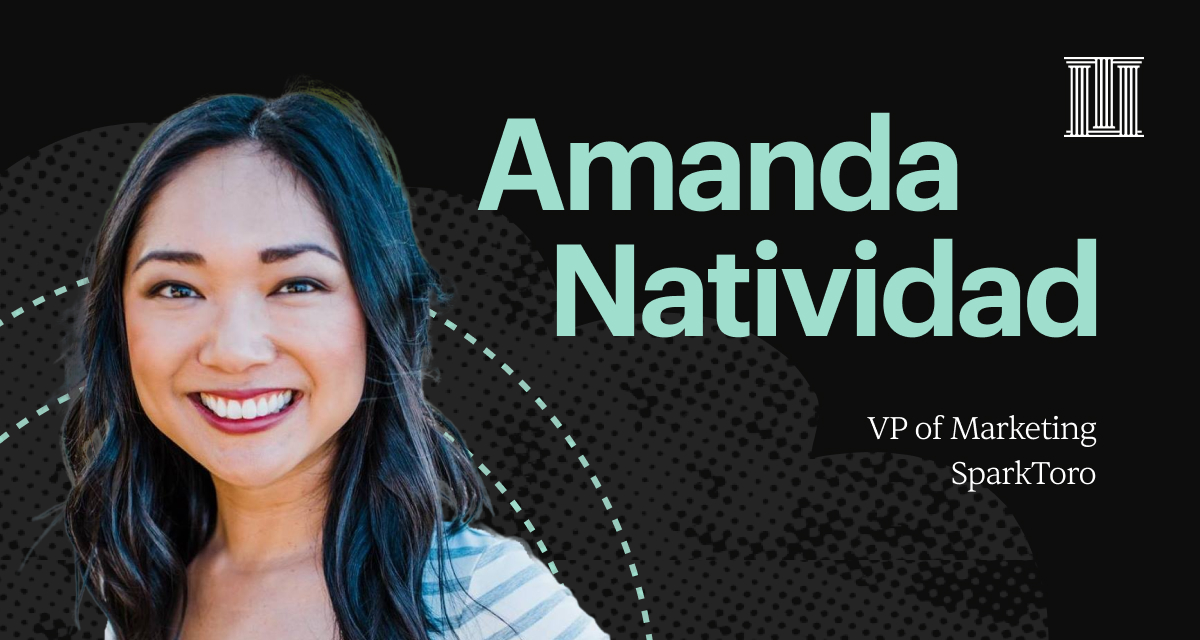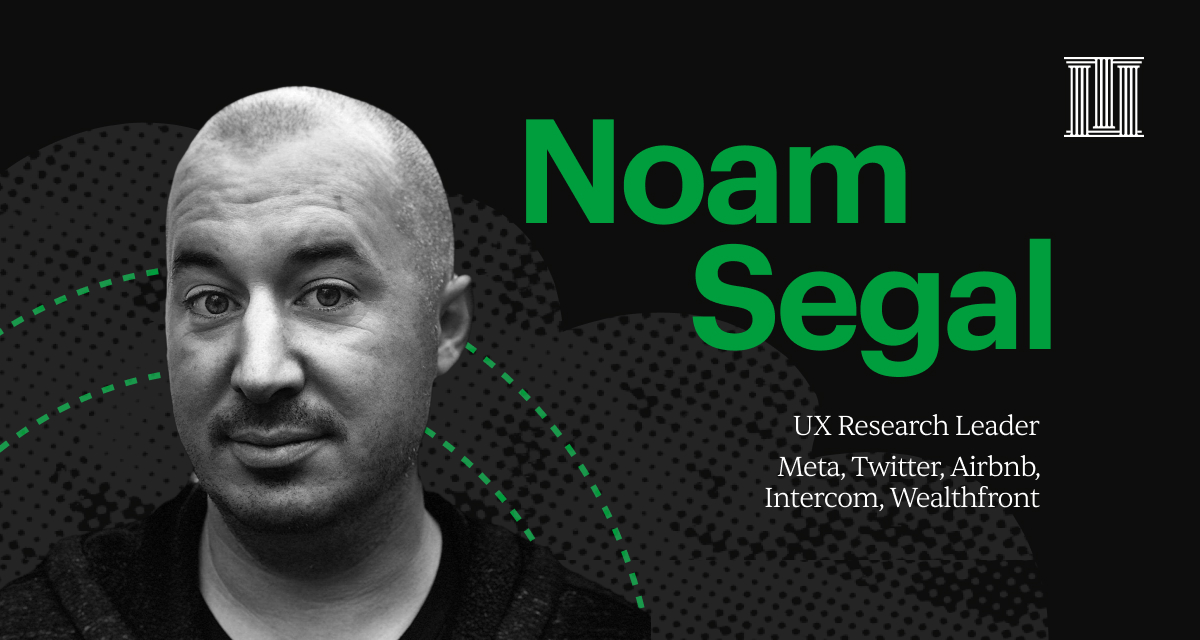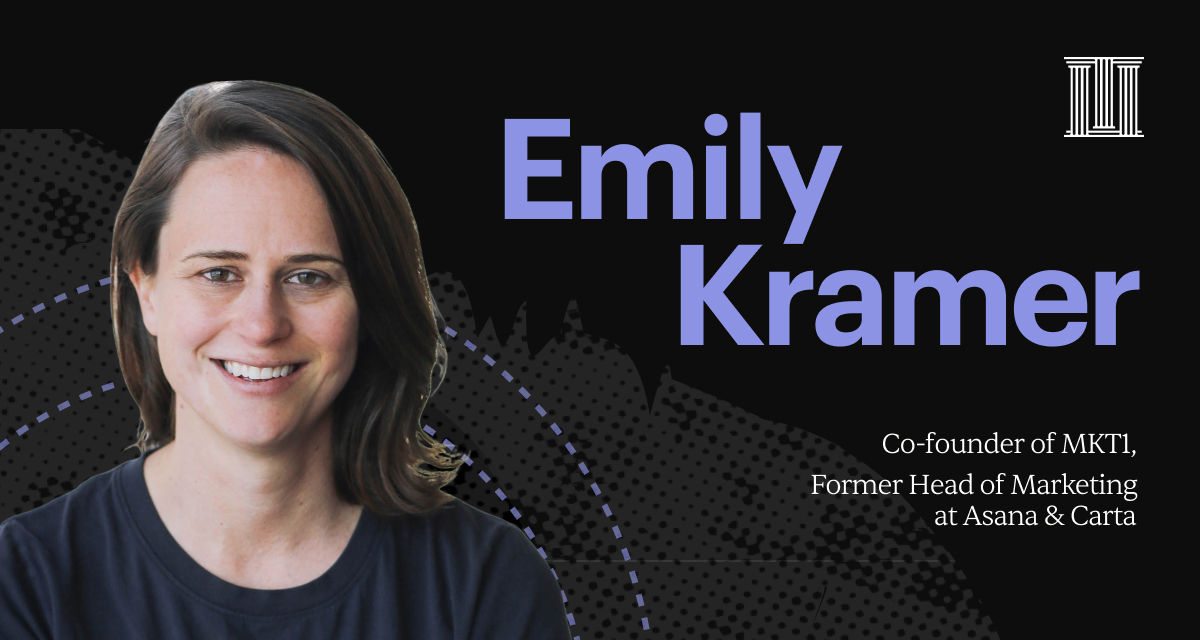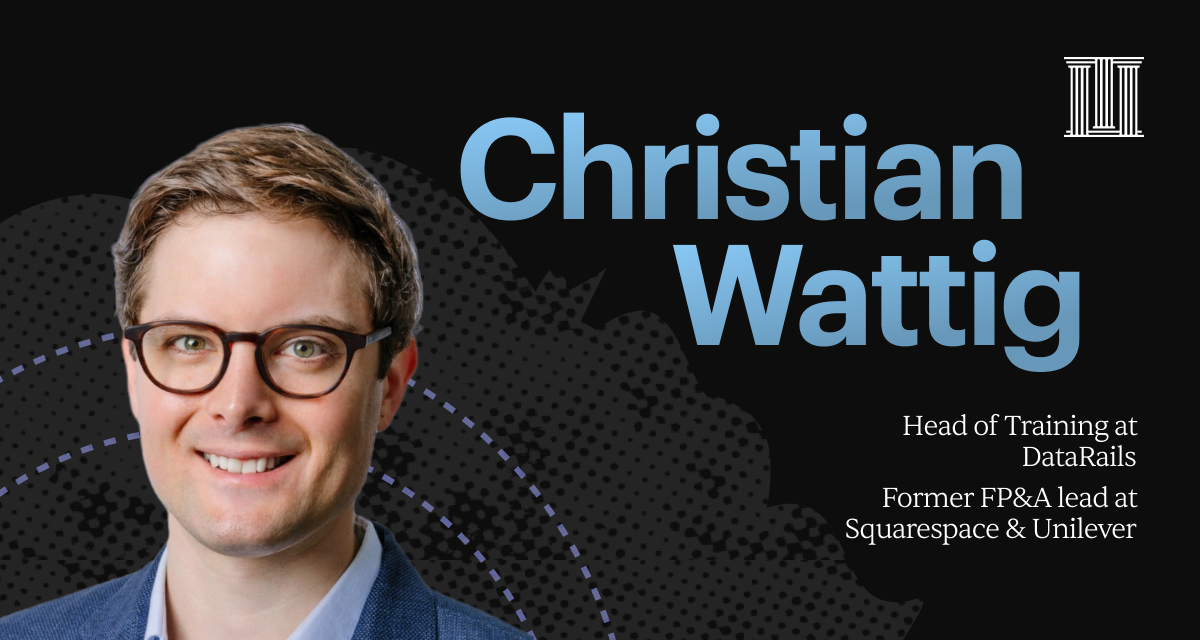What inspired you to build a course on Maven?
My motivation to build a course came from my clients. I work in highly personal, one-on-one settings with high-achieving engineering leaders, and whenever I'd wrap up an engagement, I would hear amazing feedback from my clients about how valuable our time together was.
But working one-on-one really doesn’t scale very well because I'm just one person. So I had been looking for a way to scale my time and make myself available to more people at once.
All of the material that I ended up putting into my course had been building up over my coaching and professional career for the last 10+ years. I felt it was time to put it all together and build a course for engineering leaders to connect with each other at the same senior leadership level.
What would have almost prevented you from teaching and what got you over that hump?
I actually had a few false starts trying to build this as a self-paced course. It was overwhelming to try to get all the video production ready and all the content ready without actually having people in the class to give me feedback and ask questions.
I started and stopped a few times. But then, when the opportunity to teach on Maven came along, I knew it was 100% the right approach. I was able to develop my course over time, by teaching it live and doing a beta cohort.
How did the Maven Course Accelerator help you build your course?
As a software engineering leader, I often apply software engineering principles to things I'm building that are not software.
So when I was thinking about building this course, I realized that putting together requirements, and following a process to deliver everything all at once wouldn’t work. That was too long of a feedback cycle to figure out if I was creating a course people wanted.
The
Maven Course Accelerator encouraged me to start with a beta cohort to get early feedback. It also gave me community support.
I'm a software engineering person, not a marketing person–and definitely not a salesperson. So building out this course business now, having the support of industry experts through the Maven Course Accelerator, has been absolutely invaluable.
What do you find most rewarding about teaching?
I find the most rewarding thing about teaching is being in a room with very motivated people. That’s what you get when you teach a cohort-based course.
The most rewarding thing about teaching is being in a room with very motivated people. That’s what you get when you teach a cohort-based course.
When a student is really motivated, they will take what you're teaching and figure out a way to apply it and make their life better, or easier, or improve their business results.
I use an application process to hand-select my students because I want to have the right blend of people that are motivated and really just hungry for this learning experience. Putting all these people together in a room and just seeing what they do with it, with just guidance from me, I find it to be really rewarding.
Many of my students are CTOs and VPs who manage huge organizations. So in terms of scaling my own impact, I teach this course to leaders who can go on and do great things for thousands of people. It's really rewarding and kind of incredible sometimes to think about the scale of impact.
Laura's course gave me a space to explore how I operate and communicate with my teams. It also gave me valuable insight from other leaders in software.
- Peter Halverson, VP of Software Development at LUMEA
If you were to do your first cohort over again, what would you do differently, if anything?
I was quite nervous to run my first cohort. I had run free webinars, a lot of test runs presenting the material, but I had never quite packaged it into a course.
But the one thing that surprised me from my beta cohort was just how valuable the community aspect of the course was to all the students. In the feedback survey, nearly all my students mentioned that it was really great to meet other people who were at the same senior level of leadership. Someone even said “You know, the first time we were all together for our first workshop, it felt like we were a bunch of strangers. But by the second workshop, it felt like we knew each other and could really let the discussion flow.”
I really found that to be true. So in subsequent cohorts, I turned up the community aspect even more by adding discussions and group workshops.
So, if I were to go back in time, I would have made a bit more room for discussion. I also wouldn’t have put so much pressure on myself to have to plan every single minute. The students that showed up had their questions and goals for what they wanted to get out of the course. They did a great job of letting me know the direction they wanted to take a lot of the lessons in, which was really helpful for me.
From one cohort…
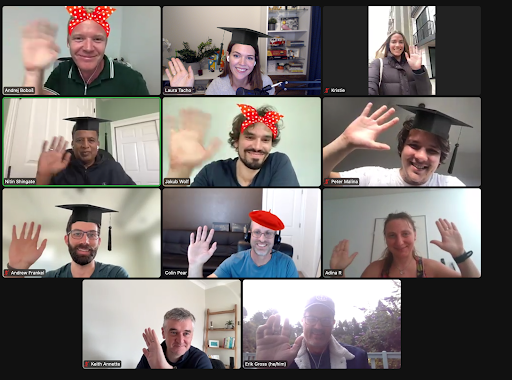
to the next…
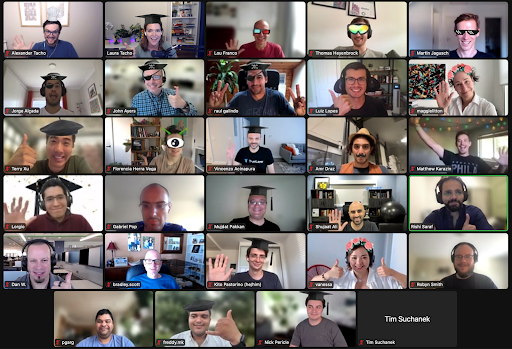
How did you turn your decades of experience into a 3-day course?
Going through the Maven Course Accelerator helped me determine what the most important learning outcomes for my course should be. I figured out what I wanted the one big outcome of each of my three workshops to be. From there, I could plan backwards and work out which lectures, activities, and discussions to include.
It’s also been a really iterative process. In this third cohort that I’ve just finished, something really clicked with the course content, where all the baseline needs are covered in the course. And now we’ve moved up the problem ladder and I’m getting deeper questions from students.
My course is like a living, breathing thing. Every cohort is learning from what previous cohorts have asked about, so it keeps getting better over time.
The interactive course design makes it easy for the knowledge to stick. You'll also learn from and make friends with other like-minded engineering leaders. - Yan Fu, VP of Engineering at Kind
How has teaching impacted your career and personal brand?
My experience teaching on Maven has made me a stronger coach and consultant. From the students in my course, I have exposure into dozens of different organizations and I’m picking up on patterns as they emerge. So, when a client comes to me and says, “This is the problem that my team is facing” I can think back to five students that I had in my last cohort and say–you know what? This problem is painful but it's not unusual. Because I know for a fact that there are all these other leaders that are facing the same issue.
Teaching has also helped me create more time to do the things I find important. When I’m not teaching, I’m able to run community events, speak at local meetups, write blog posts, and do all these things that when I was working full-time for another company, I could never find the time to do.
What advice would you give to first-time course creators?
Cohort-based courses have much more flexibility than recorded courses. You have more control over how you spend class time and create the student experience.
You're actually more of a facilitator than an instructor. You step into the instructor role minimally, but really what you should be doing is more live feedback sessions and less lecturing, talking-head kind of thing. It’s a really different method of instruction that's not only more enjoyable for you, but also much more enjoyable and beneficial for your students.
I suggest you make sure to make time to adapt to what your students need as you go through teaching your course. That makes it so much more valuable for them, and it also lightens the load a little bit on you when it comes to planning.
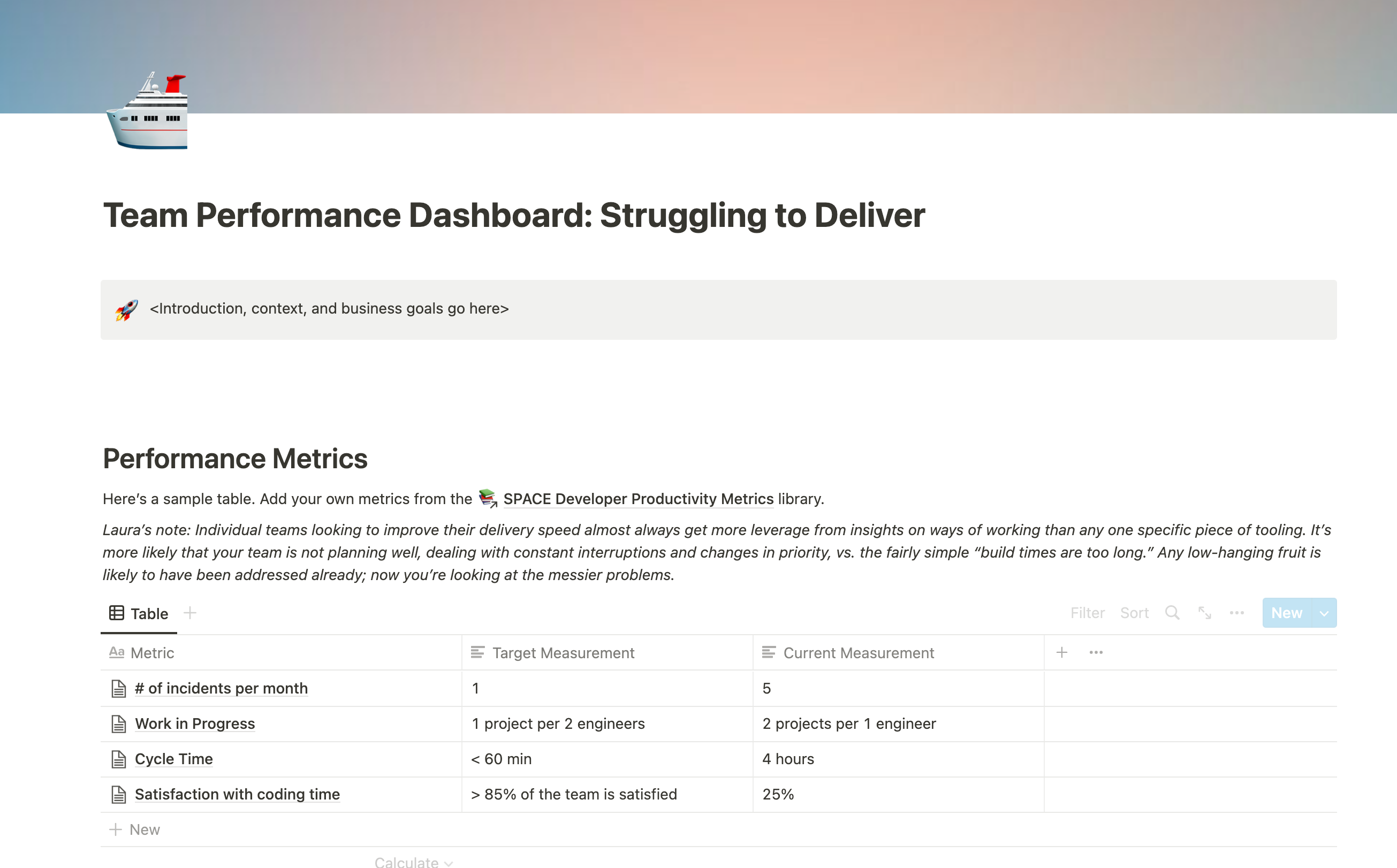
Example of a template I provide to students in my course
Did you ever question if you had “enough” expertise to teach a course?
What helps me is just to remember that the definition of imposter syndrome is you think this is what everyone else knows SO MUCH and you know just a tiny sliver of that. But really, it's like a Venn diagram. You know a lot, and someone else knows a lot, and just because they might overlap so little in the middle, you have this really distorted reality of your own expertise in comparison to someone else's expertise.
So, I show up understanding that I’m a whole half of that Venn diagram. Just understanding this is a big mindset shift that can help you accurately frame your own expertise.
You're always one step ahead of someone else and you're always one step behind someone else. The people that are going to benefit most from your insights are the people that are one step behind you, because you've just done what they need to do. There are thousands of people who are just one step behind you and it's an adventure to find them, but when you do find them, you can help them so much.
The people that are going to benefit most from your insights are the people that are one step behind you, because you've just done what they need to do.
You don’t need to have 500,000 Twitter followers in order to have something valuable to say. You can find your “living room of fans” that you be tremendously helpful to. Everyone has something to offer, everyone has something to teach.
What’s the thing you care about, and what’s the thing you’re often asked about? Where do those overlap–and that’s where your course comes from.
---
Laura Tacho participated in the
Maven Course Accelerator, a free training to turn your knowledge into a community-driven, live course.
When you start earning on Maven, you keep 90% of your course revenue minus Stripe fees. On average, instructors earn $20,000 in their first cohort. Plus, you own your IP and content. Our goal is to help you launch and grow a course you’re proud of.

